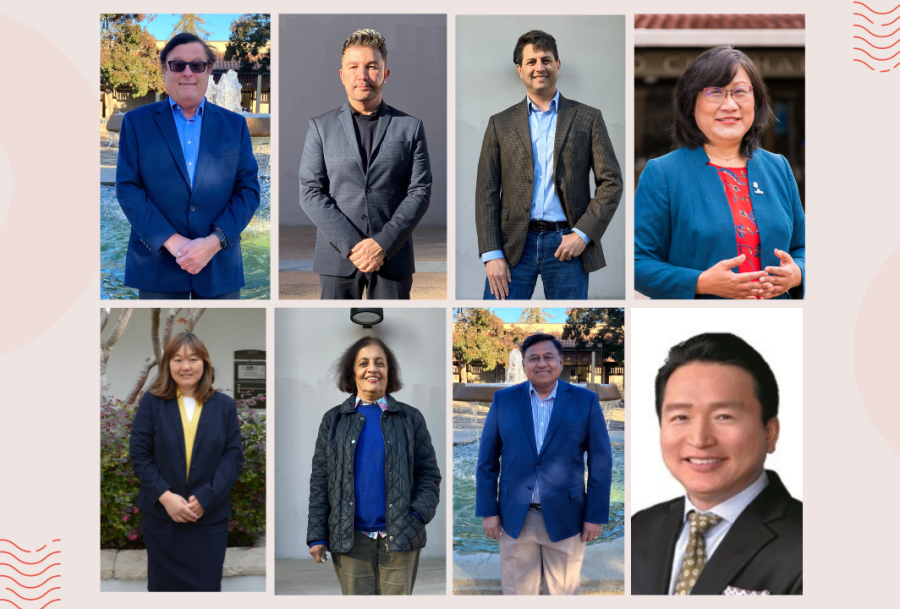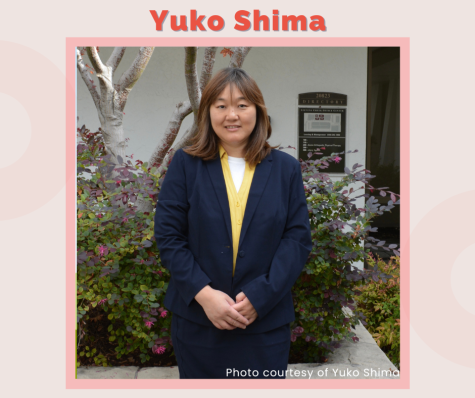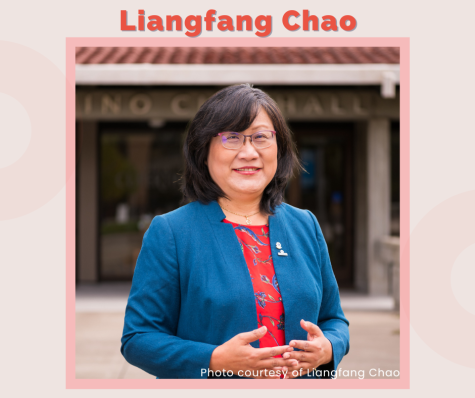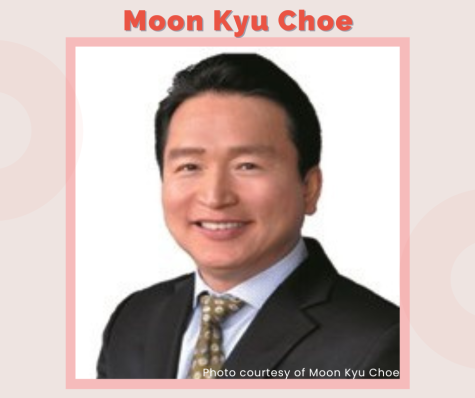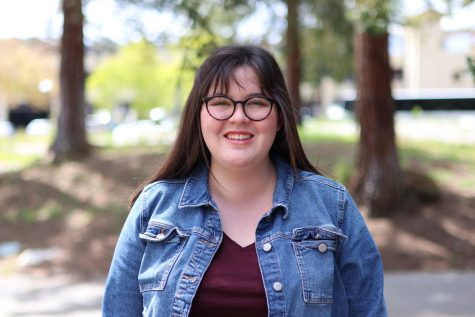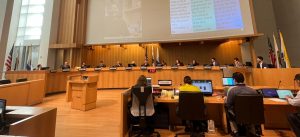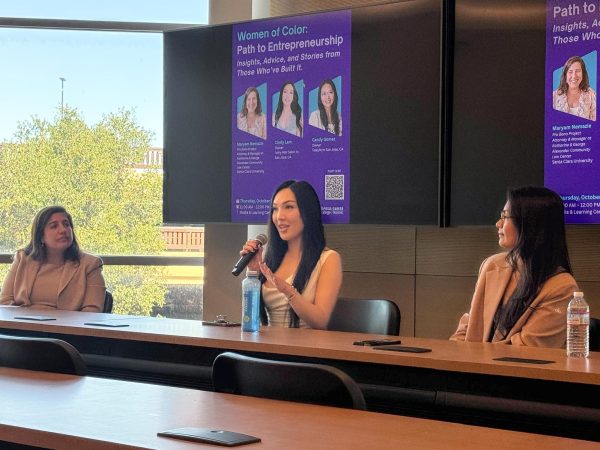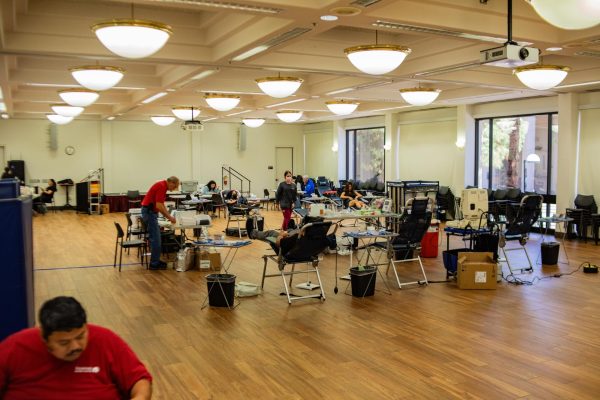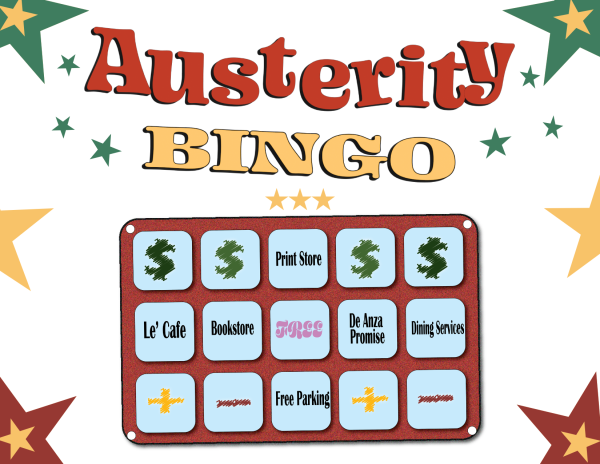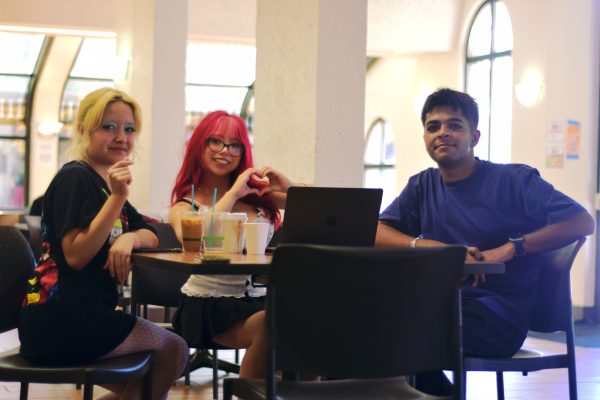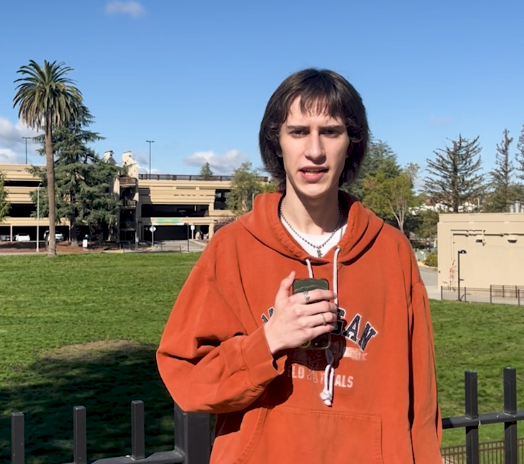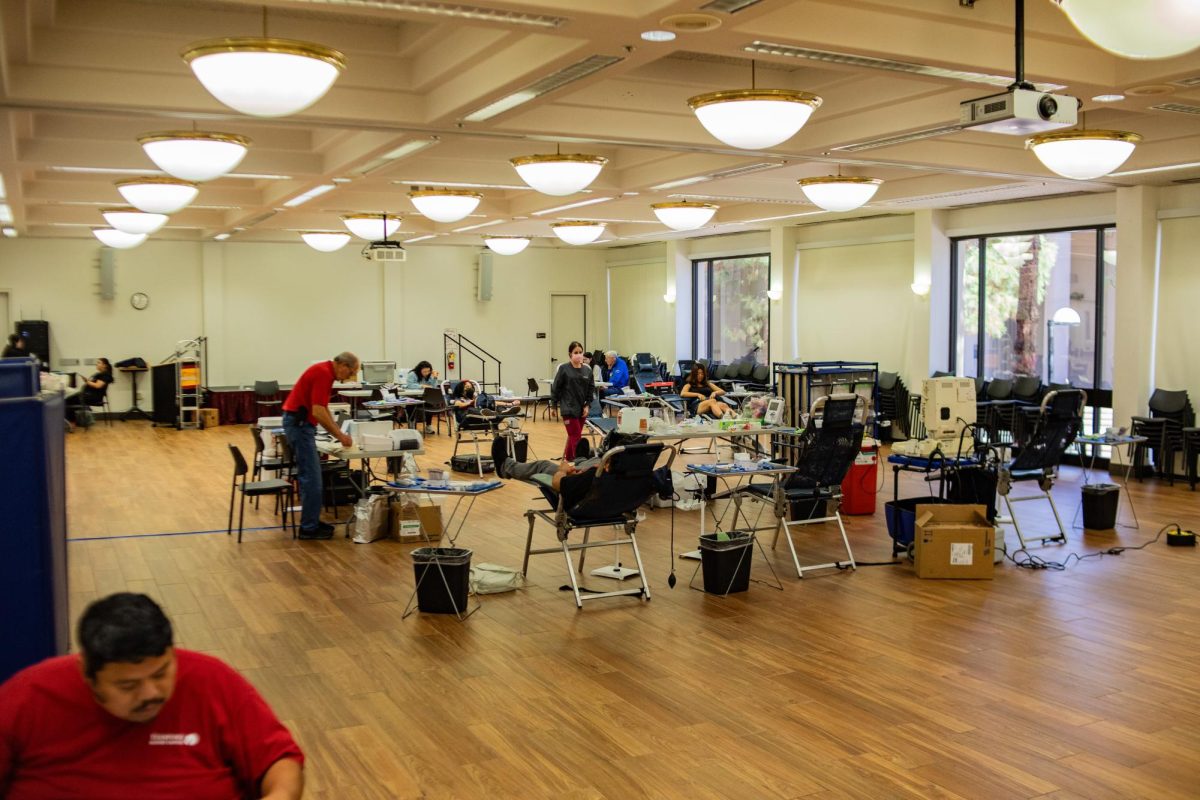Meet the eight candidates running for Cupertino City Council
November 6, 2022
Eight candidates are running to fill three open Cupertino city council seats this General Election, Nov. 8. Residents are being asked to vote on city representatives who have a variety of perspectives on how to tackle high housing prices, stalled development projects and higher rates of property crime.
Vice Mayor Chao, Planning Commission Chair Steven Scharf and Housing Commission Vice Chair Govind Tatachari are familiar to the Cupertino political scene. However, there are several newcomers to Cupertino city politics with professional backgrounds ranging from finance to law to education.
Each of the seven candidates La Voz was able to interview explained their motivations for running and their positions on some key issues.
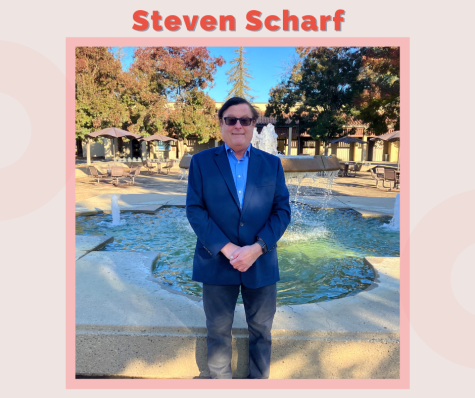
Steven Scharf:
Steven Scharf has lived in Cupertino for 23 years. He is a former mayor of the city and has most recently worked as the Cupertino Planning Commission chair. Scharf said that he, Vice Mayor Chao and Housing Commission Vice Chair Govind Tatachari initially decided to run for office because they wanted to maintain a “resident-focused” city council.
“We really feel that we don’t want the city to go backwards in an era where it was controlled by developers and special interest groups,” Scharf said. “Really, they didn’t have the best interests of the city at heart.”
The first issue Scharf wants to address is housing in Cupertino, which has become a contentious topic in light of an upcoming Jan. 31 deadline for the Housing Element Cupertino must submit to the state. He said the site selection on the Housing Element is done, but the challenge is completing the rezoning and the California Environmental Quality Act, or CEQA, in time. Nevertheless, he downplays the concern that Cupertino could lose local control.
“If the Housing Element is rejected or is not done, there is the opportunity for something called builder’s remedy, where basically everything goes out the window and a property owner could build whatever they wanted,” Scharf said. “It’s kind of less of an issue in Cupertino than it has been in Southern California because we have not rejected any housing project that’s come forward. We could lose some local control, but it’s not probably going to be as bad as anyone thinks, or it actually could have no effect at all.”
Scharf also wants to address high rates of property crime and reduce traffic in the city. To solve the issue of property crime, he points to a proposed license plate reader program.
To reduce traffic, Scharf points to a new project that was recently presented to the Environmental Review Commission. It would give an electric bicycle to every resident who rents or buys a home in the city.
Scharf’s view on Cupertino’s governance, even through the challenges of the pandemic, is positive.
“I hear a lot of people saying, ‘Wow, Cupertino is in chaos,’ and the reality is that we’re actually in excellent condition,” Scharf said. “Our finances are great. We didn’t lay off a single person during COVID-19. We had the lowest COVID infection rate in Santa Clara County and perhaps the state because we acted really early in terms of implementing a face covering requirement. Also, I think our population is the type that takes full advantage of things like the vaccines; they were very careful as well.”

Sheila Mohan
Sheila Mohan has lived in Cupertino for over 30 years. She spent over 25 years working for Santa Clara County and four years working as the finance director for Union City. Mohan is running for city council because she thinks she has the combination of qualities needed to be an effective council member.
“I jumped into this race because I felt I had the commitment to Cupertino and that’s been proven in so many different ways over the years,” Mohan said. “I also have a deep knowledge of how local government works.”
Mohan aims to increase fiscal transparency and accountability, in part by preventing the city from spending taxpayer money on litigation. She also wants to improve transportation by working with Valley Transportation Authority, or VTA, and forming a “partnership” with other cities in the region.
“My goal is to reach out to other cities and see if we can expand bus routes,” she said. “Those should be linked with bike paths, walking trails and pedestrian bridges, (forming) a cohesive plan for reducing traffic congestion.”
Mohan has also participated in other efforts, such as working as a library commissioner and volunteering as a driver for the senior-targeted Reach Your Destination Easily, or RYDE, Program. She describes her experience with the program as “absolutely wonderful” and connects it to her other goal — increasing housing options throughout the city, especially for seniors.
“I want to make sure that seniors that have built a community for themselves here don’t go anywhere else when they’re unable to drive, for example,” Mohan said. “My goal is to make sure seniors have other options for housing within the city so they can enjoy the life they’ve built for themselves.”
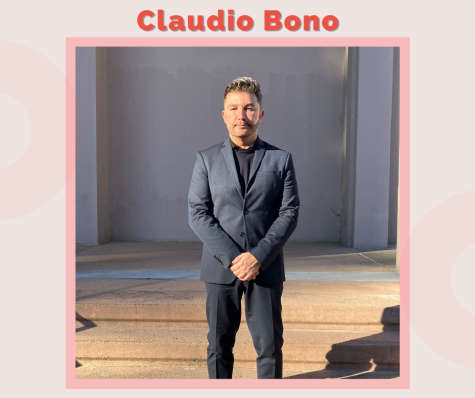
Claudio Bono
Claudio Bono has lived in Cupertino for 10 years. He has worked in the hotel business since he was 16, and participates in nonprofits such as Rotary and the Cupertino Chamber of Commerce. His main motivation to run for city council is his concern about the city’s inefficiency in dealing with important matters.
“Nothing has gone through,” Bono said. “The Housing Element is the most important item in our city, and realizing that we’re losing our local control to the state is something I could not let happen.”
Bono said the “business side” of skills is missing from the current city council, pointing to the city’s handling of the Vallco development as a particular example of this.
“The residents had an opportunity to have so many millions of community benefits and not the crazy height that SB 35 allows,” Bono said. “I’m a negotiator and general manager of two local hotels, and to see an entire array of professionals unable to actually discuss and come (up) with something is astonishing.”
Bono also wants to review the police budget for the city and instate additional watch programs to combat higher rates of property crime. His third goal is to prevent small and medium-sized businesses that pay taxes in the city from leaving and to be “more friendly” to them by speeding up the processing of their requests.
“We’ve had a lot of difficulties with COVID and we’re going towards somewhat of a recession,” Bono said. “We need to be very mindful and make sure that our city and as well as our leaders understand that we need to be conservative and prepare, but I don’t see any of that happening at this point. I don’t think (the residents’ voices) are being heard.”
Yuko Shima
Yuko Shima has lived in Cupertino for 15 years. She taught English to Japanese students before pursuing a career in politics. Her motivation came in the form of a text from the Santa Clara County Democratic Party that asked if she was interested in running for local office.
“Since I was trying to stay away from politics, I didn’t know what local office meant,” Shima said. “So I googled and found out there was an option of running for either the Education Board or the City of Cupertino. I picked the City of Cupertino.”
Shima, a self-described environmentalist, aims to install a machine in every Cupertino classroom that converts organic food waste to soil and to open up more locations to drop off e-waste.
“Each household can call the city to arrange curbside pickup,” Shima said. “But it’s still only once a year, so opening up drop-off locations will make it easier for people to find places (to dump).”
She also discussed her goal to acquire the land around a Staples and closed Pizza Hut on Stevens Creek Boulevard to construct a dormitory for De Anza students. This development project would accomplish the dual purpose of “safeguard (ing) Cupertino from getting sued by the state of California” and providing students a “decent” place to live.
“We are short of 4,000-something affordable housing (units) in Cupertino by the end of this year,” Shima explained. “So I want to start building some below-market rate homes or city-owned homes near De Anza College so that we can show we are making an effort and they don’t sue.”
Liangfang Chao
Liangfang Chao has lived in Cupertino for 24 years. She is the current vice mayor of Cupertino and points to a successful library expansion and adoption of Climate Change Plan 2.0 as accomplishments during her tenure. She said the media has mischaracterized the current city council as “anti-housing” since “thousands of (housing) units have been approved.”
“The one project that has gotten opposition from Cupertino residents is a project with a huge (number) of office(s), which brings more housing demand rather than reducing the demand on housing,” Chao said. “If you build that office building, you will need to house 10,000 workers, but that project only had only 400 housing units. Eventually, they increased that to 2,400, but still, compared with the number of offices (units) that (are) coming with the project, it’s too much. We should talk about balanced growth.”
Another of her goals, if re-elected, is to look into expanding senior services provided by the city, both inside and outside the Cupertino Senior Center.
“Many of our seniors are actually on fixed income – they can’t afford to move out to a senior retirement home, which is usually a very high fee,” Chao explained. “We should look into how to provide services to them, such as nursing care, home repair, (that) kind of thing. This year, we are doing a more in-depth senior survey to find out people’s needs.”
Her third goal is to improve community engagement. She mentions her effort to engage city commissions in giving input to the council, and advocates for the shift toward hybrid council and commission meetings going forward.
“This way, people can work from home and jump online when their item comes up,” Chao said. “Seniors and parents with young kids couldn’t possibly come to council and commission meetings, so I think we need to provide the option to attend meetings at home and people can make public comments.”
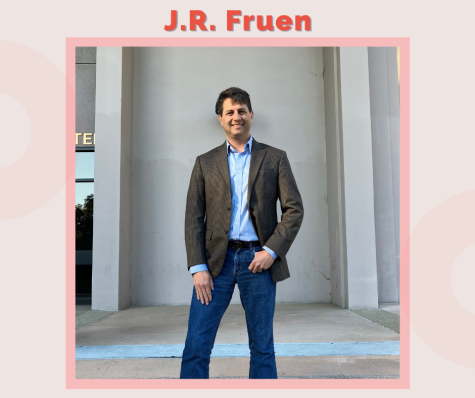
J.R. Fruen
J.R. Fruen has lived in Cupertino his whole life. He’s an attorney with his own practice and he co-founded Cupertino for All, an organization that aims to make Cupertino a more “affordable and sustainable place.” He said his first goal is to assess housing needs based on available data.
“We need to focus a lot of our housing development on underutilized spaces that are along Stevens Creek Boulevard and De Anza Boulevard,” Fruen said. “You can minimize the negative externalities that can come with development because (the housing is) along major transit routes, or (it’s) close to jobs and amenities.”
Fruen said the city is significantly behind on the Cupertino Housing Element deadline and is unlikely to get certification from the Department of Housing and Community Development, or HCD. He adds that the planning consultant they recruited is “fairly well-known across the state for not producing compliant housing elements,” which further endangers local control.
“The only way to get back on (track) is to remove the people who’ve gotten us into this place because they clearly don’t know what they’re doing,” Fruen said. “[We need to] make certain that the planning community understands that (Cupertino) is looking for someone to do this project with us and that we are under new management.
On a broad level, Fruen emphasizes the need for Cupertino to have “better conversations.” He said the key to representing the interest of residents is to “be accessible.”
“We’re door knocking right now as part of a campaign, (and) I think that maybe we (should) actually continue doing something like that in the future,” Fruen said. “Then, we rebuild the Block Leader Program and host block parties for people so that neighbors get to know each other. That way, you know that person as a human being, and it’s a lot easier to arrive at some kind of compromise.”
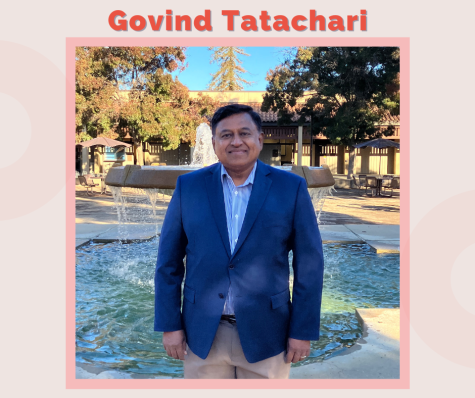
Govind Tatachari
Govind Tatachari has lived in Cupertino for 39 years. He serves as the vice chair of the Cupertino Housing Commission, and said he first got interested in local government when researching development-related policies. An issue he said the city needs to “aggressively address” is transportation.
“We need a master plan to coordinate affordable, quick transit with point-to-point connectivity,” Tatachari said. “That’s the only way we’re going to address climate change and housing affordability issues.”
Tatachari said the city is between two weeks and a month behind on coordinating the Housing Element. Finding financing for affordable housing and dealing with high land prices are two challenges, but he has a possible solution for addressing these issues.
“I don’t know if the city council can put this in place or not, but I feel it would be good,” Tatachari said. “Maybe we could put restrictions on certain areas, or the city could buy certain pieces of land to implement programs like social housing.”
Other goals Tatachari has are to improve public safety through increased patrolling at night, coordinate where police are deployed in the city based on data and revamp neighborhood watch programs. He also said he wants to increase fiscal transparency and accountability in governance, specifically by getting all contracts in writing and getting questions the public has about development answered more clearly.
“It’s important to make your voice heard in this city and in other cities,” Tatachari said. “We need to make sure cities are governed in a way that solves the problems of residents.”
Moon Kyu Choe
Moon Kyu Choe declined an interview with La Voz. Visit his website to learn more about his campaign: https://www.moonkyuchoe.com/home



